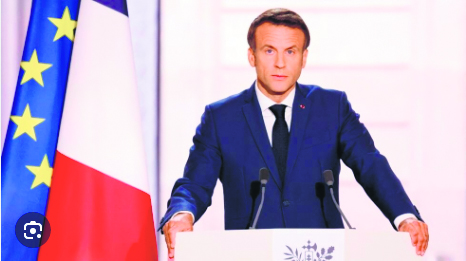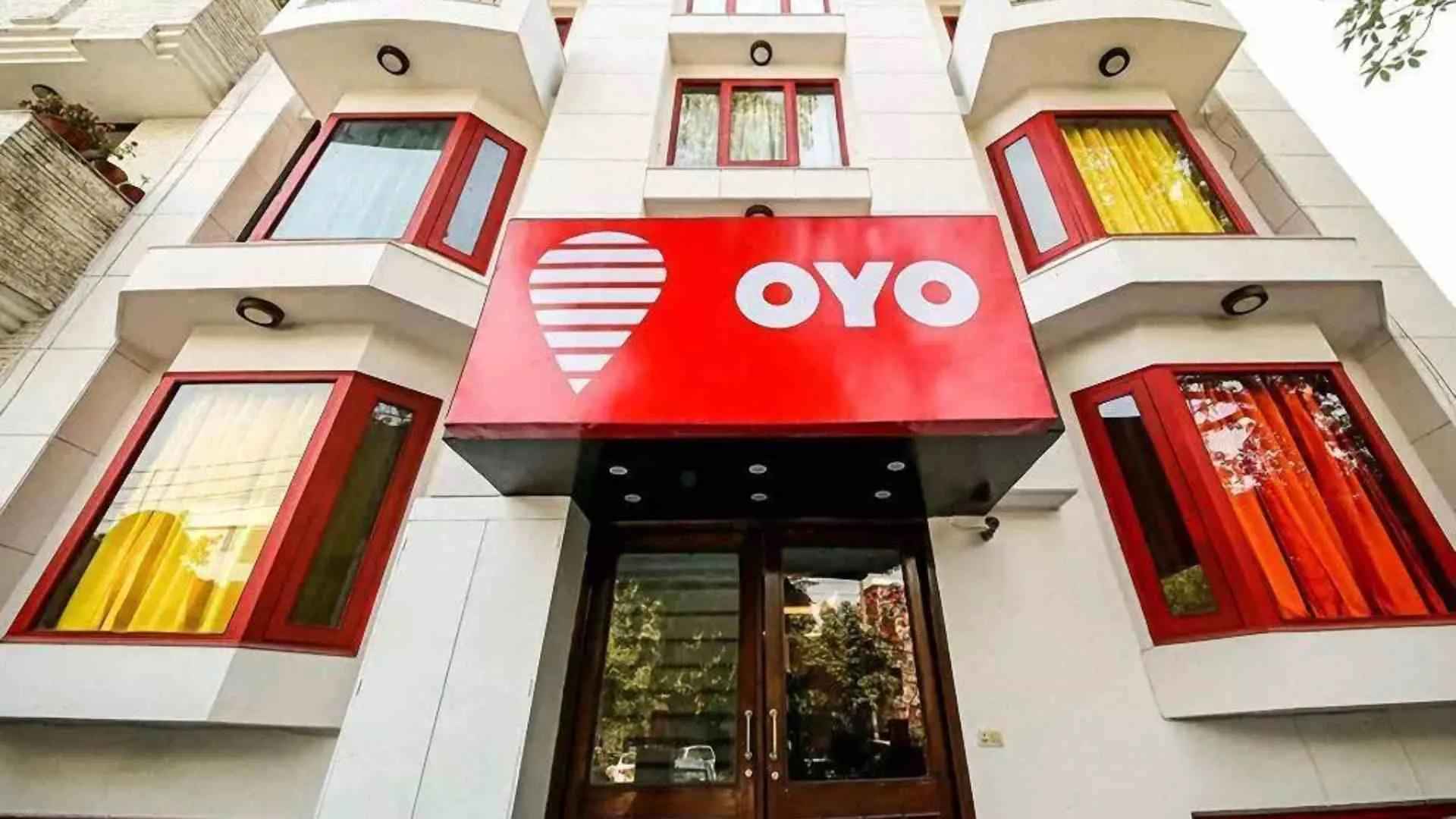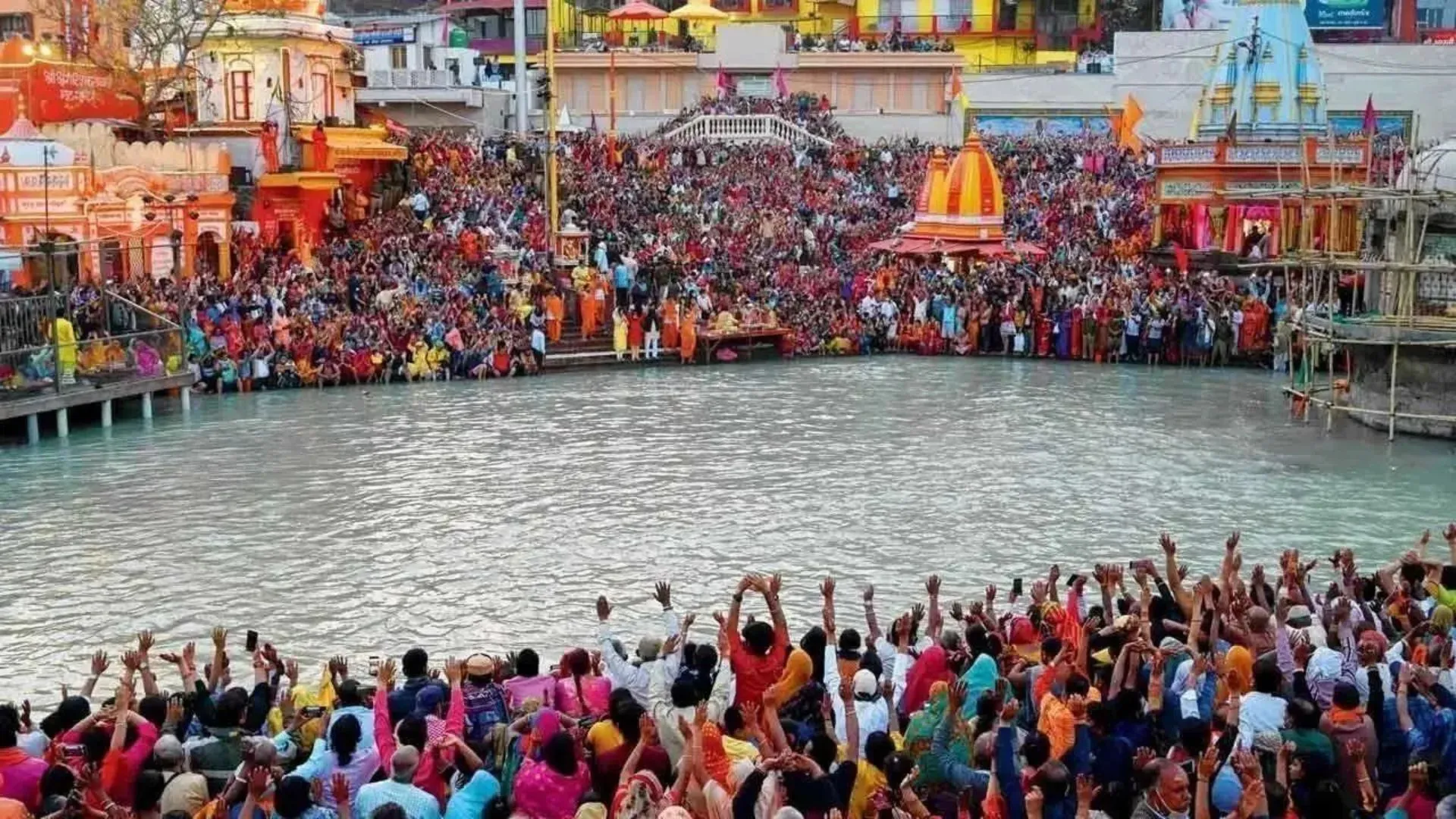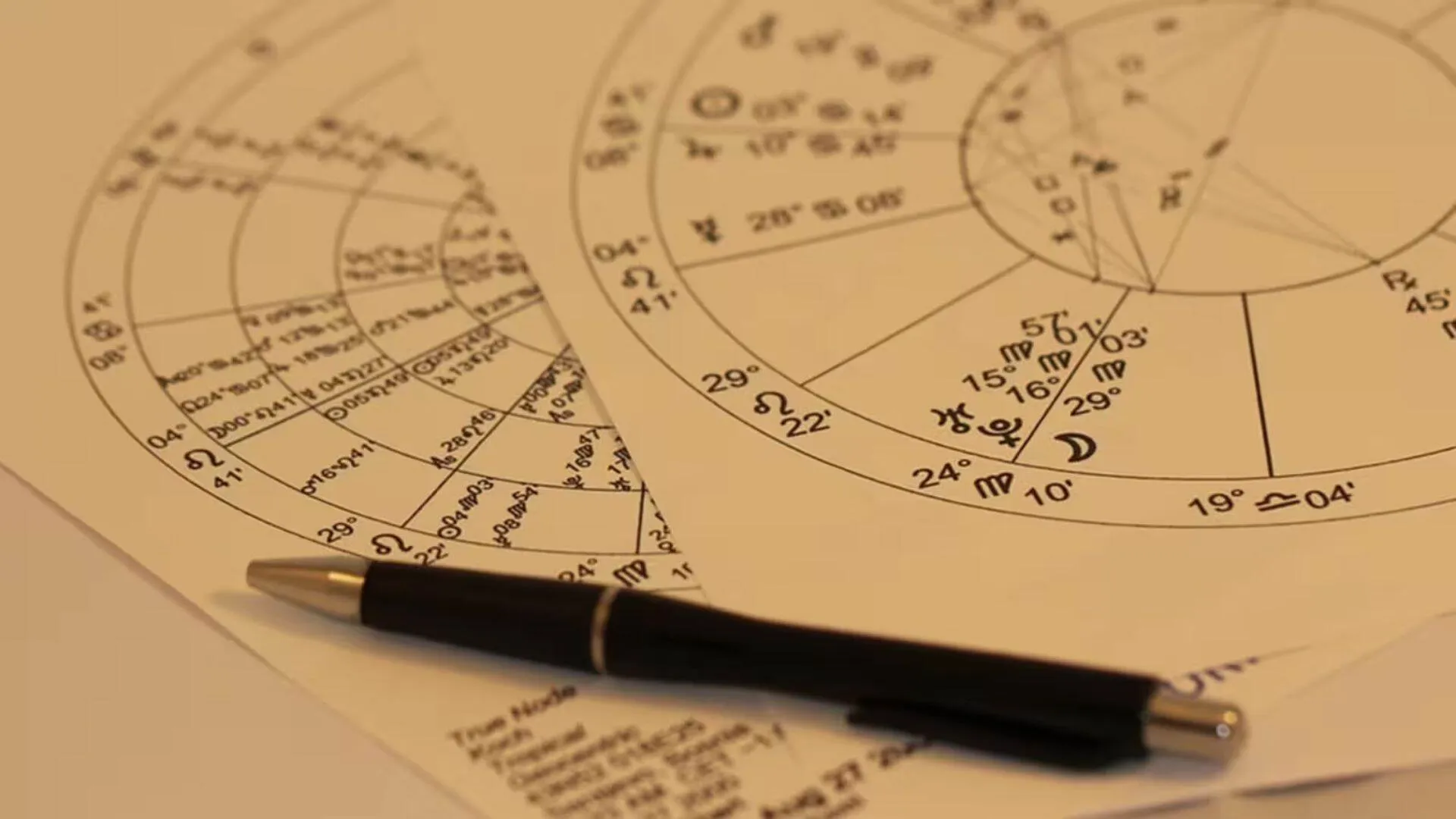As President of France Emmanuel Macron lands in India to be the Chief Guest for the Republic Day celebrations, the visit will be a befitting culmination of a 10-month successive run of economic engagement and gains spanning April-to-January period of FY 2023-24 which saw the bilateral relationship cross significant milestones in the 25 years of their strategic partnership. Building on this strong edifice, the visit is expected to provide an impetus to various domains of mutual interest, ranging from Defence cooperation to economic ties and from energy collaboration to space and nuclear partnerships. The discussions will likely pave the way for new agreements and deepen existing cooperation, reflecting the dynamic and evolving nature of the India-France strategic partnership.
Prime Minister Narendra Modi and President Macron are set to discuss Indo-Pacific cooperation, counterterrorism and Defence collaboration, bilateral trade and investment, clean energy and climate change global governance and multilateralism space cooperation and civil nuclear cooperation, according to Ajay Srivastava, Founder, Global Trade Research initiative (GTRI).
A study of economic engagements between April to January of FY24 by the Business Guardian saw an upswing in several areas of the bilateral commercial ties. France was among the top three importers of India’s aircrafts and spacecrafts during April-November 2023-24 in India’s total global exports of the product. The Vibrant Gujarat Roadshow in Paris held on 31 October, 2023, saw participation of 80 high-profile delegations demonstrating the immense potential of collaboration between the state Government and France.
In November, 2023, Chrysoula Zacharopoulou, French Minister of State for Development, Francophonie and International Partnerships, announced the opening of two new branches of the Alliance française in Udaipur and Bhubaneswar. In January 2024, the ‘Green Indian Financial System (GIFS)’ Initiative, founded by SIDBI, Shakti Sustainable Energy Foundation (SSEF) and French Development Agency (AFD), came together to bring MSMEs and stakeholders on a common platform to discuss how the financial system and the MSMEs can find a common ground to ensure a resilient and low-carbon transition in India.
A high priority pillar of the Modi-Macron talks — post the French President’s arrival in India — is expected to be bilateral trade and investment, especially at a time when France, as India›s 8th largest trading partner, is looking to strengthen trade and investment ties. France also has a key stake in India’s current negotiations on a free trade agreement with European Union which will also further expand the two-way relationship. Market access, intellectual property rights, investment facilitation are likely top priorities in this discussion.
Over 1,000 French companies operate in India across various sectors like manufacturing, services, and technology, while more than 200 Indian companies are established in France. Bilateral trade has expanded in 2023 to reach USD 19.2 billion with India›s merchandise exports including diesel worth USD 707.9 million), ATF worth USD 405 million, turbojets worth USD 496 million, apparels worth 850 million, footwear worth USD 157 million, smartphones worth USD 248 million, gold jewellery worth 160.5 million), airplane parts worth USD 158 million, medicines worth USD 447.8 million, organic chemicals worth USD 364.5 million. These constitute a, total of USD 7.6 billion, as per GTRI data.
On the other hand, India imported items worth USD 6.2 billion from France, including planes, helicopters, and/or spacecraft worth USD 2.1 billion, LNG worth USD 400 million, navigation equipment of USD 102 million and turbojets and gas turbines to the tune of USD 442.2 million. In the domain of services, India exported financial, IT, maintenance and repair, travel, transport, and other business services worth USD 3.2 billion to France, while importing services such as other business services, transportation and insurance, amounting to USD 2.2 billion.
In terms of investment, France ranks as the 11th largest investor in India, with a cumulative foreign direct investment (FDI) inflow of USD 10.5 billion from April 2000 to March 2023.
The two leaders are expected to strengthen a new and potential area of engagement in the digital arena. Prime Minister Modi recently approved the signing of a Memorandum of Understanding (MoU) between the Ministry of Electronics and Information Technology and France’s Ministry of Economy, Finance and Industrial and Digital Sovereignty on cooperation in the field of digital technologies. This follows the Indo-French Road map on Cyber security and Digital Technology announced on 2019 under which India and France are pursuing an ambitious bilateral cooperation on advanced digital technologies, particularly in the fields of supercomputing, cloud computing, artificial intelligence and quantum technologies, including in the framework of the Global Partnership on Artificial Intelligence (GPAI).
Defence Cooperation is a leitmotif of the strategic ties which has seen France emerging as India’s second-largest arms supplier after Russia over the past decade. Notable collaborations include the induction of French Scorpene submarines and Rafale fighter jets as well as joint military exercises such as Varuna, Garuda, and Shakti). India and France have joint manufacturing initiatives such as the Tata Group›s tie-up with Airbus for C-295 tactical transport aircraft. The discussions could well include counterterrorism, intelligence sharing and Defence technology transfer given France›s role as a major arms supplier to India, notably the Rafale fighter jet deal alongwith submarine cooperation.
The clean energy and climate change dialogue will probably include potential collaboration in renewable energy, green hydrogen and sustainable infrastructure development, underscoring their commitment to combating climate change. The ‘Green Indian Financial System (GIFS)’ Initiative, founded by SIDBI, Shakti Sustainable Energy Foundation (SSEF) and French Development Agency (AFD), organised an event with the annual theme discussion titled “Strengthening Green Financing and Mainstreaming Gender” on January 23, 2024, in Mumbai. This event successfully brought together MSMEs and stakeholders, to reflect on the recent developments on green finance, and to discuss how the financial system and the MSMEs can find a common ground to ensure a resilient and low-carbon transition in India.
On the energy front, India and France may look to further their civil nuclear cooperation. After India›s nuclear tests in 1998, France was the first country to start a strategic dialogue with India, choosing not to impose sanctions like other nations. In 2008, India and France signed a civil nuclear pact, with France becoming the first country after the USA to do so. Under this agreement, France is helping India build six european pressurized reactors (EPR) for nuclear power at Jaitpur in Maharashtra. Expanding the use of nuclear power generation may likely be a topic of discussion.





















